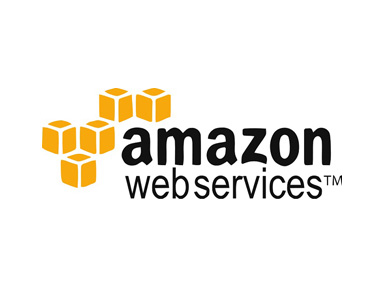What’s an Intuitive Explanation of Net Neutrality?
March 10th, 2015Topics: Infrastructure

The difficulty with an issue like Net Neutrality is that it is a rather technical debate but with large implications for the public. Consequently, the facts get boiled down in various ways that lose their nuance and you end up with articles that proclaim ‘The Net Was Never Neutral’ etc.
The net neutrality debate was never about whether all Internet traffic should be treated perfectly equally without any prioritization whatsoever. It is about the LOGIC behind prioritization. As it stands, certain types of traffic are more affected by latency (ie. delays, missing bits of information) than others. For example, a Skype call using VoIP is more affected by latency than an email. Thus, these types of traffic have already long been prioritized.
What pro-net neutrality folks seek to avoid is prioritization based on WHO is sending information. Ie. They’d rather not see large corporations paying to have their traffic routed faster while startups and regular users are left behind in the ‘slow lane.’
From the standpoint of the anti-net neutrality camp, it may seem logical that those who want their data to travel faster should be able to pay for that. After all, businesses should be able to charge for premium services, right? It’s part of business model innovation isn’t it? Also, isn’t that exactly the case in the airline and hospitality industries? However, it gives rise to the following potential problems:
1) If ISPs can charge for faster routing, they will not be incentivized to improve the architecture of the network – and we’ve gotten to a point where Internet access is as critical as telephone access. Let’s put it in laymen’s terms. Why would the ISPs spend money to make the highway wider and more efficient when they can instead make more money by charging for “fast lane” access? If baseline network speeds were fine for everyone, nobody would need to pay for prioritization.
2) Creating different speed tiers creates incentives for ISPs to slow down traffic to get big users to pay up. This is what happened w/ Netflix. Ahh, says the other camp, Netflix accounts for 30% of Internet traffic – shouldn’t they pay more? Well, Netflix already pays Amazon Web Services to host all their data and Netflix subscribers are already paying ISPs for Internet on their end. Why should the ISPs get paid for connecting their customers to Netflix AND Netflix to their customers?
3) In an era of mass conglomeration, where the same companies that deliver Internet to you are also delivering content, there are real concerns that ISPs would block content and apps that compete with their own offerings. They might also block traffic they find concerning for other reasons, such as p2p – which has both legitimate and illegitimate uses. The anti-net neutrality camp will tell you that there has ‘never’ been an instance of an ISP blocking speech it didn’t like. The pro net neutrality camp will point to several instances in which ISPs blocked 4chan, an internet discussion board, or pornography. The value of 4chan or pornography is neither here nor there; the fact is that speech was filtered.
Then there is the infamous Title II, or “common carrier” question. In a nutshell, this is about whether the Internet should be classified as a public utility, like your telephone, or not. Under Title II, there are clear and extensive regulations that protect the public interest. The second subsection (202) indicates that common carriers can’t “make any unjust or unreasonable discrimination in charges, practices, classifications, regulations, facilities, or services.”
However, the anti-net neutrality folks have some genuine concerns when it comes to Title II. The poorly understood thing about Title II is that it’s not as simple as it sounds to just ‘make the Internet a public utility.’ Classifying the Internet as a common carrier is indeed the best thing to do for the public interest. The great tension is around HOW that should be accomplished legally. The execution of reclassifying the Internet under Title II relies on laws that are 80 years old and haven’t been significantly revised since the 1996 Telecommunications Act. Without getting into specifics, there are a lot of problems with using laws developed for old technologies to regulate new and rapidly evolving technologies.
What it all comes down to is that most people understand that big telecomm corporations don’t want Net Neutrality and that having Net Neutrality is better for the public interest – and better for innovating startups that can’t afford the ‘fast lane.’ What they don’t understand is what exactly is meant by neutral (ie. neutral treatment of users and content rather than neutral treatment of all traffic).
Read FCC Chairman Tom Wheeler’s op-ed on Net Neutrality.
The proposal was announced in early February.
Hear Tim Berners-Lee’s opinion.












